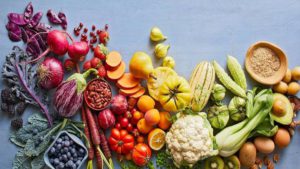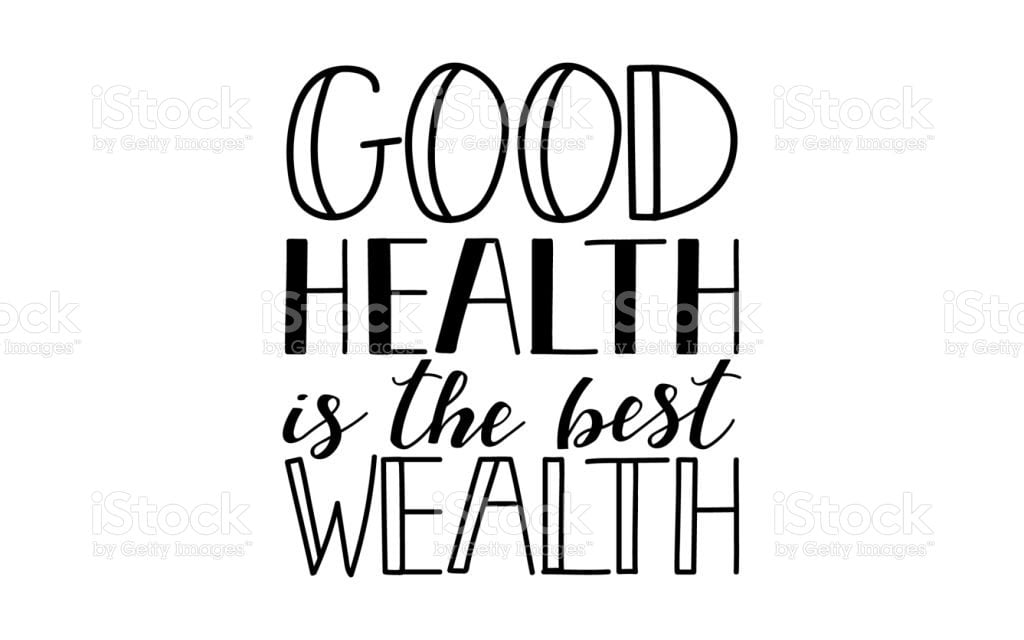Eggs are a dietary staple, used not just for breakfast but also as a quick lunch or supper. Packed with essential nutrients, vitamins and minerals, eggs, are known to be a superfood. To understand why in more detail, let’s look at the nutritional facts of an egg.

Nutritional Facts about an Egg
The nutrition provided by one large hard-boiled egg (50 g) is as follows:
Calories: 77
Carbs: 0.6 grams
Total fat: 5.3 grams
Cholesterol: 212 milligrams
Saturated fat: 1.6 grams
Monounsaturated fat: 2.0 grams
Protein: 6.3 grams
Riboflavin (Vitamin B2): 15% of the RDA
Pantothenic acid (Vitamin B5): 7% of the RDA
Cobalamin (Vitamin B12): 9% of the RDA
Vitamin A: 6% of the RDA
Phosphorus: 86 mg or 9% of the RDA
Selenium: 15.4 mcg, or 22% of the RDA
*RDA= Recommended Dietary Allowance
Eggs are Rich in All Essential Vitamins
Eggs contain over 6 essential vitamins. They are:
1. Vitamin D-calcium palmitate
Vitamin D is necessary for the maintenance of healthy bones and teeth because it aids in calcium and phosphorus absorption. Egg yolks are one of the few foods that naturally contain high levels of vitamin D, with two eggs delivering 82 per cent of the daily requirement.
2. Vitamin B12 (Cobalamin)
Vitamin B12 is required for the creation of red blood cells and DNA, repair of body tissue, and the proper functioning of the immune and brain systems. The recommended daily consumption of B12 is approximately 2g, with two eggs providing 15% of the daily requirements.
3. Vitamin B2 (Riboflavin)
Riboflavin, often known as vitamin B2, is required for cell growth, energy metabolism, healthy vision, red blood cell production, and proper nervous system function. It is also an antioxidant, which fights the harmful particles in the body known as free radicals. A serving of two eggs contains 24% of the RDI of Riboflavin.
4. Vitamin A
Vitamin A is essential for maintaining healthy skin, immunological function, decent vision, and overall reproductive health. Furthermore, getting enough vitamin A from food could help avoid deficiency symptoms like hair loss, dry eyes, and an increased risk of infections.
With the recommended daily intake for vitamin A set at 750g, a serving of two eggs provides 14% of the recommended amount.
5. Vitamin B5 (Pantothenic Acid)
Pantothenic acid, often known as vitamin B5, is essential for transforming the food consumed into active energy and breaking down lipids. It also aids in the creation of vitamin D, and red blood cells, which transport oxygen throughout the body. A serving of two eggs has 22% of the RDI for Pantothenic acid.
6. Vitamin E
This particular vitamin has antioxidant characteristics that are advantageous to overall health, including heart health, with research tying it to decreased incidences of heart disease. Scientists have also linked vitamin E to improved immune function, a reduction in age-related visual disorders, prevention of some malignancies, and slowing of cognitive loss associated with ageing, according to research. An average serving of two eggs contains 20% of the RDI for vitamin E.
Excellent Source of High-Quality Protein
Protein is essential for many aspects of health, including muscle, bone formation and production of hormones and enzymes. As mentioned before, eggs contain around 6 grams of high-quality protein. Eggs provide a complete protein composition, containing all nine essential amino acids. Furthermore, contrary to popular belief, protein is not solely present in egg whites. In fact, the yolk contains over half of an egg’s protein composition. As a result, it’s preferable to consume the entire egg to reap the benefits of the protein and nutrients that it provides.
High in Cholesterol but Do Not Increase the Risk of Heart Disease

Eggs have acquired a poor rap over the years due to their high cholesterol level. Eggs are indeed high in cholesterol. One big hard-boiled egg contains 212 mg of cholesterol or 71% of the RDA. However, this dietary cholesterol has relatively little effect on blood cholesterol. Dietary cholesterol is not related to an increased risk of heart disease in the majority of people and does not raise total cholesterol, or “bad” LDL cholesterol levels. In fact, eating eggs may improve “good” HDL cholesterol levels.
Encourage Brain and Eye Health

Eggs include critical nutrients and antioxidants that promote brain and eye health. They are as follows:
Choline
This essential nutrient is required for several vital functions in the body. The human body produces some choline on its own, but not in substantial amounts. As a result, in order to avoid deficiency, we must consume choline.
Choline is essential for nervous system function because it aids in the production of acetylcholine, a neurotransmitter involved in memory and learning. Furthermore, it improves the development of the prenatal brain and memory, as well as cognitive performance in older individuals. It is especially important for pregnant women since proper choline levels may reduce the likelihood of neural tube abnormalities in the foetus.
Choline is contained in the yolk. One large hard-boiled egg has 147 mg of choline or 27% of the daily requirement.
Zeaxanthin and Lutein
The antioxidants lutein and zeaxanthin are best known for their involvement in the maintenance of eye health. They fight dangerous, oxygen-induced free radicals that might build up in your eyes. Lutein and zeaxanthin have been demonstrated to inhibit cataract formation and protect against age-related macular degeneration (AMD). Additionally, they may shield your eyes from harmful blue light. These two carotenoids are abundant in egg yolks.
Summing It Up
Eggs are a nutrient-dense, low-calorie food. As mentioned in the nutritional facts, an egg is high in protein and vitamins B, A, and E, zinc, calcium, and other vital nutrients and antioxidants including choline, lutein, and zeaxanthin, which are important for a healthy body. Eggs can be consumed in many different ways to reap the benefits of these nutrients, with hard-boiled eggs being the most prevalent form. Without any added oil or butter, hard-boiled can be one of the most simple and nutritious in addition to your diet.
Share with your friends





